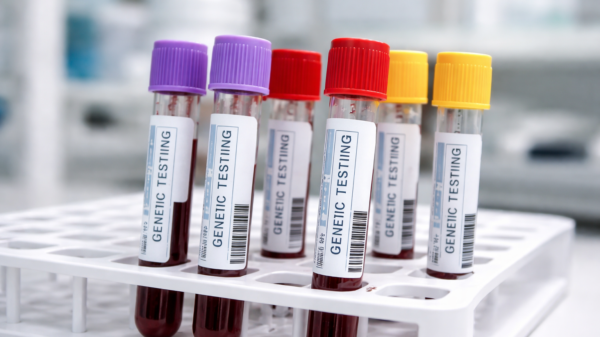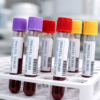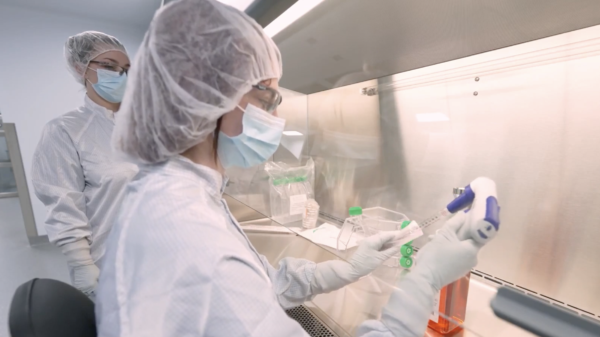Non-small cell lung cancer (NSCLC) patients who undergo surgery are more likely to survive if they are overweight, new research has found. This phenomenon has been previously described as the “obesity paradox” in which a concerning health condition protects one from a more dangerous disease.
On Tuesday, a group of South Korean and American investigators highlighted this finding in a study published in the Radiological Society of North America’s peer-reviewed journal Radiology.
Specifically, they found that a group of 7,076 South Korean patients who underwent curative resection (surgery) between 2008 and 2019 had a 21 per cent better overall survival rate if they were obese. However, they did note that this improved figure was only applicable to male patients and those who were current or former smokers. These comprised 61 per cent of the cohort.
“Future research is warranted to determine if these associations persist in other populations,” the authors noted.
This obesity paradox is particularly perplexing when considering that the Centers for Disease Control and Prevention (CDC) says carrying alot of extra pounds can cause multiple cancers.
The researchers who completed this investigation are affiliated with the South Korea’s Sungkyunkwan University School of Medicine and Johns Hopkins University in Baltimore, Maryland.
Overweight & obesity are associated with at least 13 different types of cancer. Read more in new #VitalSigns. https://t.co/EqCdpq1fTT pic.twitter.com/McH3at69dT
— CDC (@CDCgov) October 3, 2017
Read more: Breath Diagnostics onboards new president and closes critical financing
Read more: Breath Diagnostics pioneers novel lung cancer breath test
Multiple studies have acknowledged this paradox
An investigation published last fall in the journal BMC Medicine concluded that being overweight could improve a lung cancer patient’s survival chances after undergoing a standard treatment used for multiple cancers. Men specifically, in this case.
“Obesity may be associated with an increased overall survival among male patients treated with chemotherapy,” the authors explained.
Moreover, a 2022 article in Oncology Live highlighted this unusual paradox, explaining that it is one of the mysteries of medicine.
“These observations are at odds with preclinical experiments that have for years shown an association between a high-fat diet, obesity, and, ultimately, increased rates of cancer development and progression,” the researchers elaborated.
Furthermore, a French nationwide study completed in 2021 and a 2017 investigation at the University of Maryland Greenebaum Cancer Center also found that fat can improve survival outcomes for those with NSCLC significantly.
rowan@mugglehead.com














